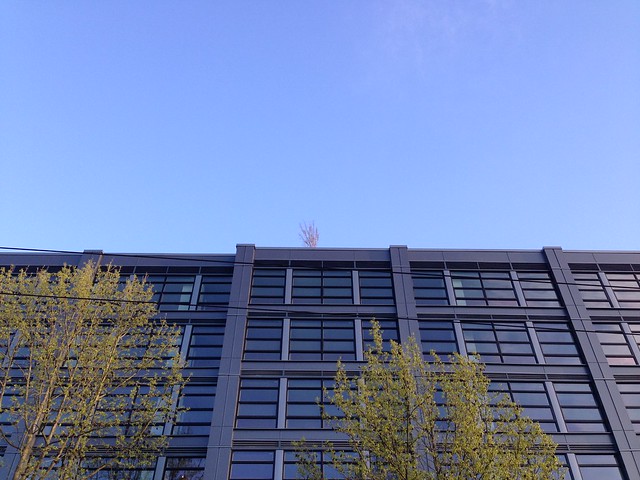The Capitol Hill EcoDistrict, one of the closest organizations the neighborhood currently has to an independent community group representing the area’s neighborhoods in the city’s growth and development process, is moving under the wings of Urban League of Metropolitan Seattle with a renewed focus on equity.
“This next phase of partnership with the Urban League is an opportunity for the EcoDistrict to co-create a future for equitable community development at scale,” EcoDistrict executive director Donna Moodie said in the announcement.
The Capitol Hill EcoDistrict took shape more than a decade ago as it as formed by what was then known as Capitol Hill Housing. The developer and manager of affordable housing across Capitol Hill recognized its shifting focus to a larger citywide mandate with a change of its name to Community Roots Housing in the time since. Now the community-focused organization it helped create to address environmental and social concerns in the area’s development is ready for a larger mandate.
The Urban League is growing. Last week, it announced plans to move from its Central District headquarters at 14th and Yesler to Rainier Ave as part of a major development to create both a new hq and around 300 new affordable apartment units.



















